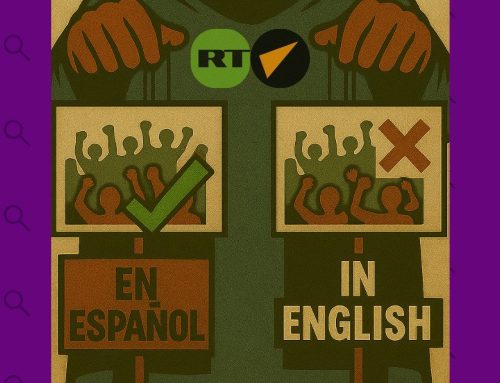Geopolitics over the next several decades will be defined by competition between democracies and autocracies. This contest is already playing out across the military, economic and diplomatic domains—and in the information arena as well. As former Principal Deputy Director of National Intelligence Sue Gordon observed, “[T]his is [a] world where the threats are to and through information[,] … both our opportunities and our challenges.”
When it comes to preparing for this challenge, the United States risks missing the forest for the trees. Most discussion of nation-state influence operations has been driven through the narrow lens of social media campaigns and electoral interference of the kind associated with the 2016 U.S. presidential election. While Americans may never know the full extent or impact of those operations, it is clear that they were neither confined to the digital realm nor aimed only at influencing voter opinions on issues or candidates. As the intelligence community assessed, one of Russia’s goals was “to undermine public faith in the U.S. democratic process.” That includes undermining the idea of truth itself—a development that would undercut the function of deliberative democracy, which depends on the existence of a shared reality among citizens. Assessments of the threat of foreign influence that focus solely on tactical operations and their impact on public opinion risk overlooking this danger.





